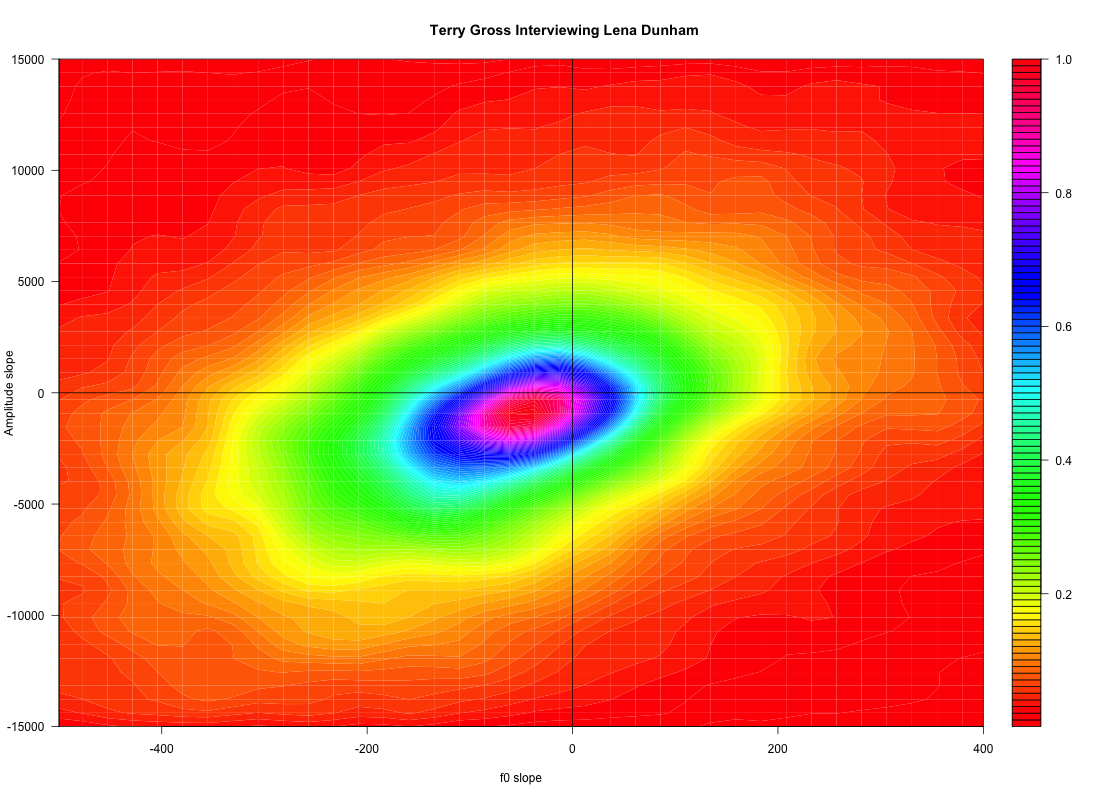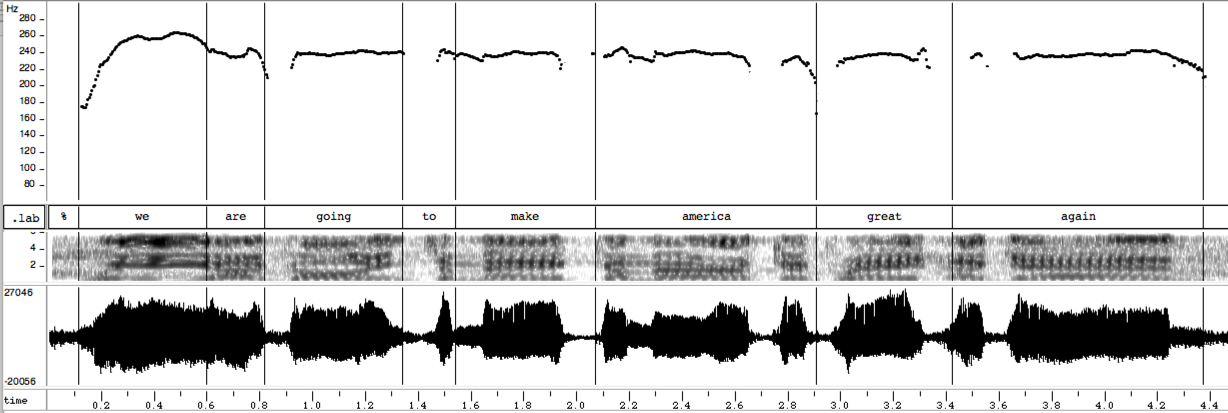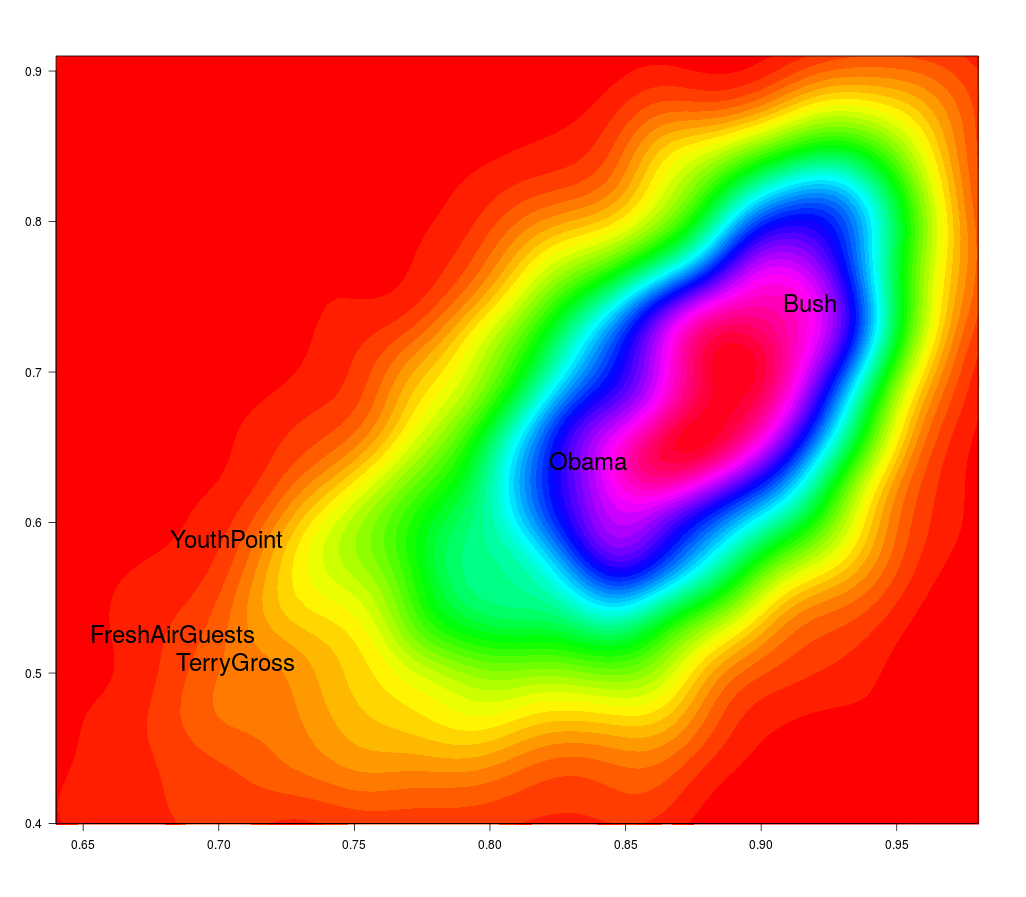This is a guest post by Cynthia McLemore, following up on Ben Zimmer's post on "'Uptalk' in the OED", 9/12/2016.
Twenty three years after James Gorman coined a word for “those rises” in the New York Times and unleashed a viral phenomenon associated with my name, and on the occasion of the OED's latest entries, Language Log has invited me to take stock of my experiences and offer some comments.
First, some background. In the late 1980s I started working to construct a theory of intonational meaning in English from the ground up. My aim was to gather facts about the intonational system as they occurred in natural settings in order to understand the role of culture and context in meaning-forming processes. I chose a sorority as the community to study because it had features of a natural speech “lab”: a social hierarchy, age stratification, recurrent contexts with consistent roles and expectations, homogeneity in ethnicity, gender, age, social class, religion, and regional affiliation, and pressure on speakers to conform to norms. In other words, identifiable socio-cultural parameters and reduced sources of variation.
One of the recurrent intonational forms I recorded and analyzed was a phrase-final rise used to introduce certain types of monologues in meetings and structure certain narratives. My Linguistics 101 students told me they heard it around campus and associated it with sororities. But while I was holed up in the lab scrutinizing pitchtracks of the sorority speech data, a broader use of those same phrase-final rises was spreading through American culture more generally. By 1991, when I started presenting my research on the more particular uses I’d found in the sorority — and the more abstract meanings I proposed for the intonational forms themselves — I was overwhelmed with invitations from various academic departments around the country, in addition to conferences, and gave over forty talks in little more than a year. Wherever I went, cab drivers, colleagues, friends and fellow travelers gave me their observations and opinions about “those rises.” Media interest was gaining in 1992 and 1993, but went right off the charts in August 1993 when the NYT published Gorman’s piece.
Read the rest of this entry »





